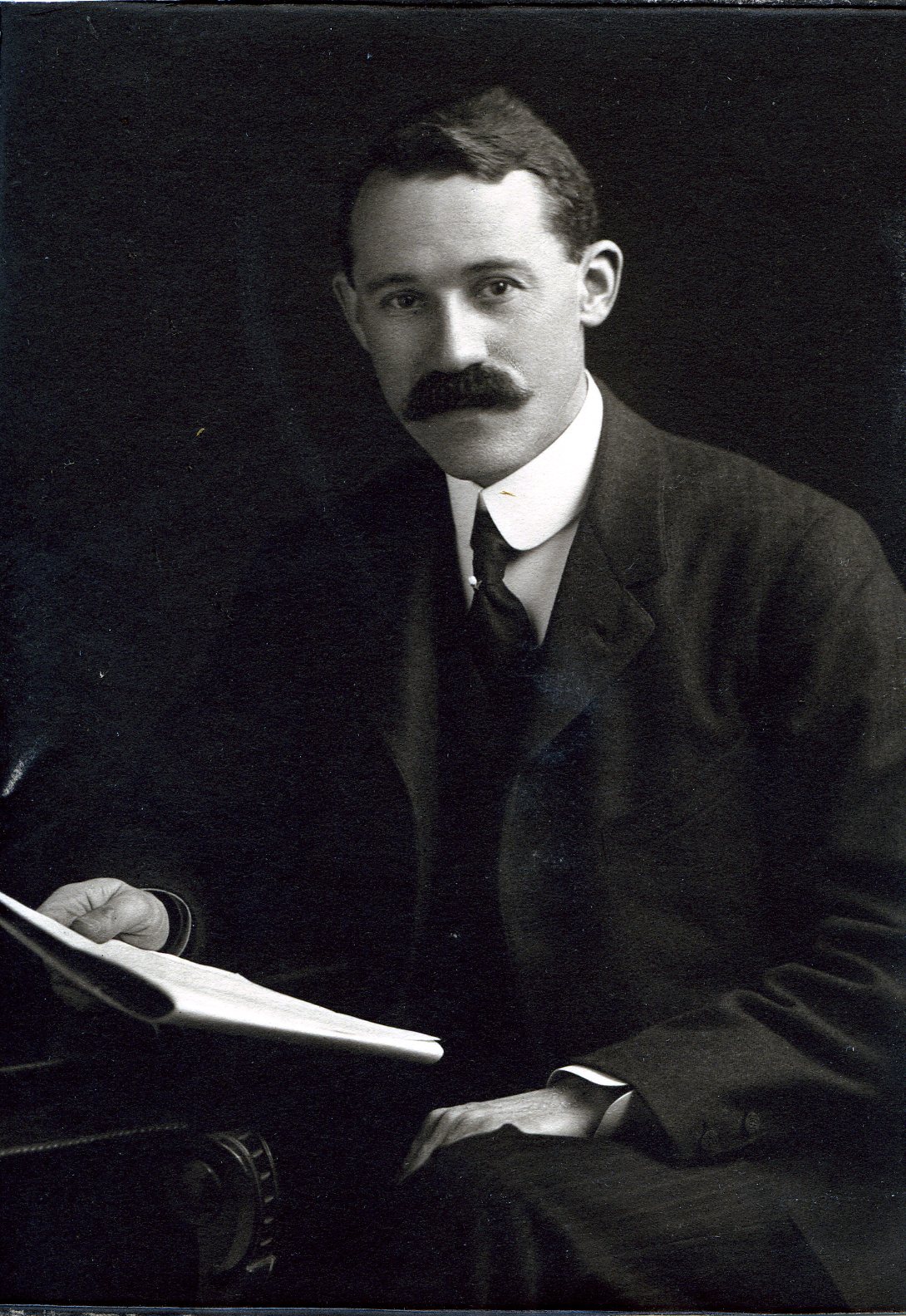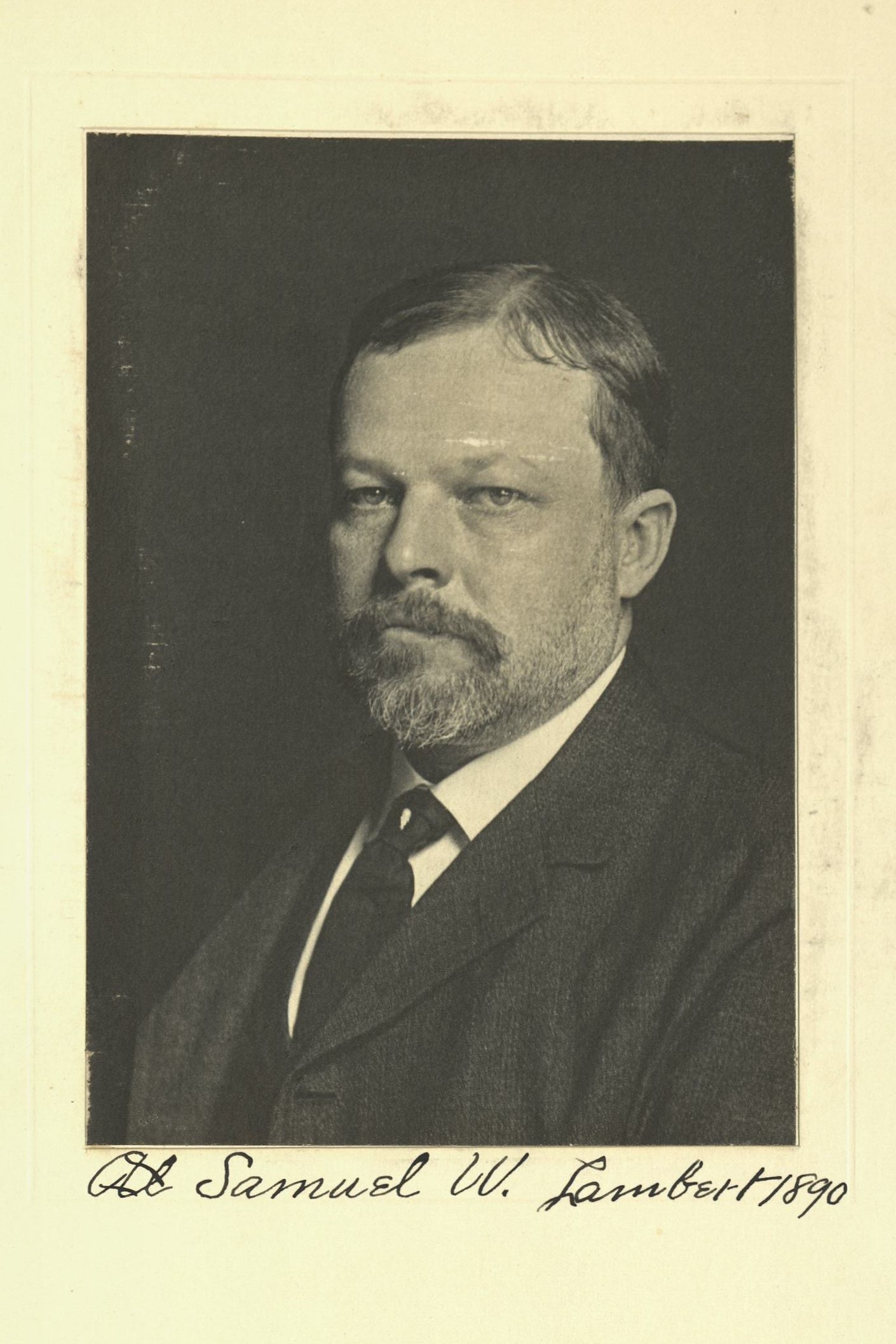Member Directory,
1847 - 1922
Warfield T. Longcope
Physician
Centurion, 1915–1953
Samuel W. Lambert and Theodore C. Janeway
Baltimore, Maryland
Lee, Massachusetts
Age thirty-eight
Lee, Massachusetts

Archivist’s Notes
Father of Duncan Longcope
Century Memorial
Warfield Theobald Longcope was born in Baltimore on March 29, 1877. He died April 25, 1953, having completed a long and distinguished career in the field of internal medicine. After graduating from Johns Hopkins Medical College in 1901, he became Resident Pathologist at the Pennsylvania Hospital in Philadelphia. In 1904 he was appointed Director of the Ayer Clinical Laboratory there. In 1909 he became Associate Professor of Medicine at the College of Physicians and Surgeons in New York City and Visiting Physician at the Presbyterian Hospital, which in those days was located on Madison Avenue at 70th Street. At this time he had a full time position under Dr. Theodore Janeway, who was Director of the Medical Service at the Presbyterian Hospital. In 1914 Dr. Janeway accepted a position as Medical Director of the Medical Service at Johns Hopkins, and Longcope was appointed to succeed him as Medical Director at the Presbyterian Hospital and as Bard Professor of Medicine at Columbia University.
Warfield held this professorship at Columbia for seven years. In 1922 the famous switch was made, Longcope returning to his alma mater in Baltimore to be Professor of Medicine at Johns Hopkins University and Physician in Chief of the Johns Hopkins Hospital, while Bill [Walter Walker] Palmer gave up the professorship at Johns Hopkins to take over the job at P.&S.
In the First World War, Longcope was on active duty in the Medical Corps and served overseas with the American Expeditionary Forces. During the Second World War, he carried a heavy load of teaching and hospital duties, and in 1946 he asked for his retirement. After that he made his permanent residence in a charming old New England farmhouse near Stockbridge, Massachusetts, where he did a little farming and kept a friendly open house for all his old friends and former students.
Longcope made contributions of the first importance to medical literature including original studies on Hodgkins Disease, atypical pneumonia, and various phases of allergy. As Chief of the Department of Medicine at Johns Hopkins, he trained many young men who became outstanding research workers and teachers, not only at Johns Hopkins but at various other leading medical schools in the country.
Longcope knew as much about internal medicine as anybody in America. He was modest to a marked degree and rather retiring and shy. He was held in most affectionate regard by all his friends, who recognized his fine qualities of integrity and heart. He was one of the earliest of the full-time Professors of Medicine, and his example and achievements, like those of Theodore Janeway, Francis Peabody, and George Minot, were largely responsible for the present day popularity of full-time clinical professors in the leading medical schools of the land.
He had the happy fortune to live and work in the City of his birth, honored of his father’s friends and by his friends’ sons.
George W. Martin
1954 Century Association Yearbook


